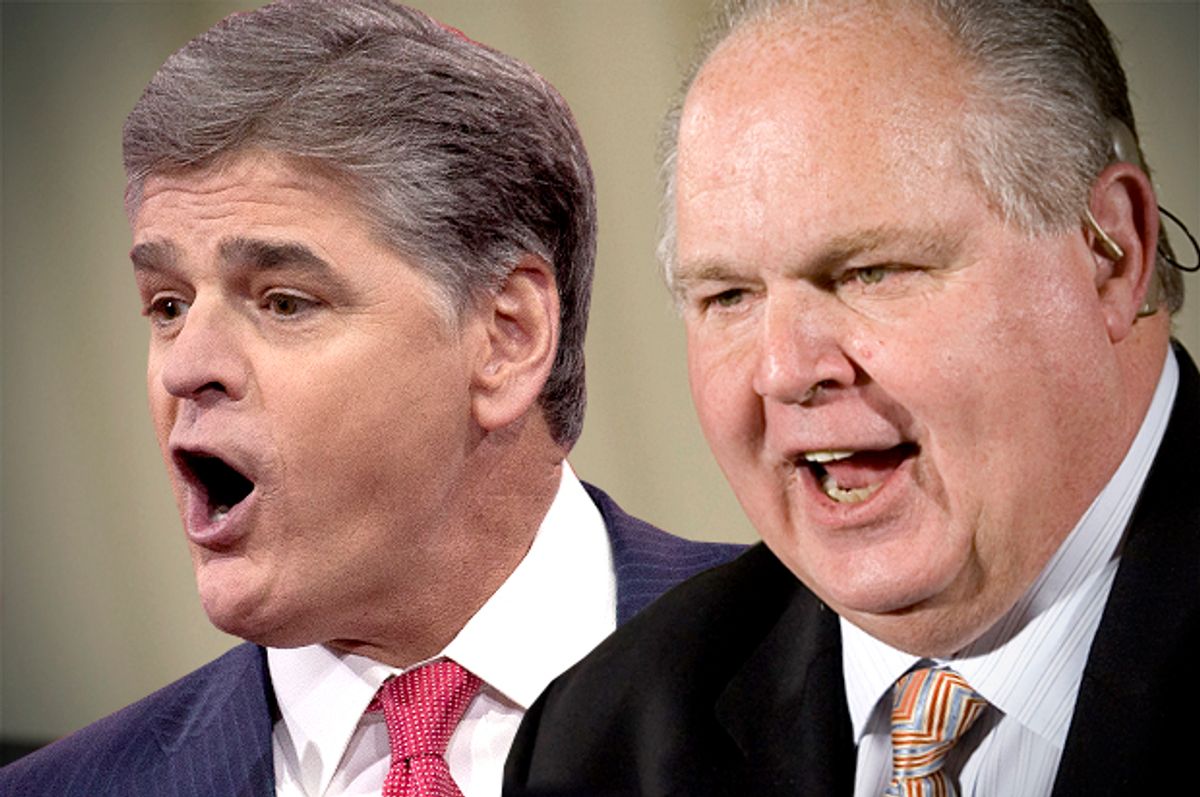It’s next year’s Super Bowl game, and with seconds to go and his team trailing by four points, Tom Brady, quarterback of the New England Patriots, lofts a properly inflated football into the end zone, toward a receiver who is being closely covered by a Detroit Lions’ defensive back. (This scenario is obviously a fantasy.) The back bumps the receiver slightly as the two players fight for position, and the ball bounces off the receiver’s fingertips before falling to the turf.
New England fans howl in anger, claiming that, “according to the rules,” the receiver was interfered with. Detroit fans respond calmly that such marginal contact is almost never considered pass interference by officials, because, given the nature of NFL football, such a hyper-literal interpretation of the rules would lead to pass interference being called dozens of times in every game, which would ruin the sport.
This scenario is a good metaphor for the outcome of King v. Burwell. In terms of ordinary statutory construction, this would be an easy case to decide – or, more accurately, there would be no case to decide, because the drafting error that created the opportunity for the plaintiffs to sue would either have gone unnoticed, or would have been fixed by subsequent legislative action.
But because this case was the legal equivalent of a game-deciding play at the end of the Super Bowl, the ordinary rules of statutory interpretation got tossed out the window for much of the litigation process. People opposed to the Affordable Care Act became the equivalent of New England fans outraged about the failure to call pass interference, claiming that the “rules” required the Supreme Court to impose a hyper-literal interpretation of one (in Chief Justice Roberts’ words) “inartfully drafted” phrase in a many-thousand word statute, even though such an interpretation would produce a result that literally no one who voted for the law desired, and which would have wrecked the entire statutory scheme.
The ordinary rules work like this: If the apparent plain meaning of a phrase in a statute produces a result which seems to contradict the statute’s overall structure and basic purposes, courts will consider whether that supposedly “plain” meaning may, under the circumstances, actually be ambiguous. If other evidence – which can be supplied by, for example, other language in the statute, and by the intentions and goals of those who voted for the law – indicates that the apparent plain meaning of the phrase in question may not actually be the meaning the legislature intended to convey, then these other sources of statutory meaning authorize courts to interpret the phrase in such a way as to reconcile it with the rest of the statute, and the actual intentions of the legislature.
If this had been an ordinary case -- that is, one not dealing with an extremely contentious political issue -- it’s quite possible, and even likely, that no one would have ever noticed that one phrase in the statute seemed to contradict everything else in it. (As it stood, it took nine months after the bill was passed for anyone to note this.)
And if it had been an ordinary case and someone had noticed, the drafting error that triggered the litigation would have been quietly fixed with a simple technical correction to the statute. Legislatures enact such technical corrections routinely, as it’s quite common for modern statutes -- long, complex documents that are very difficult to write, and even more difficult to read -- to contain such drafting errors.
But this was the last play of the Super Bowl, so naturally the fans of the losing team are crying foul, even though the refs simply enforced the rules as they’re (almost) always enforced.

Shares